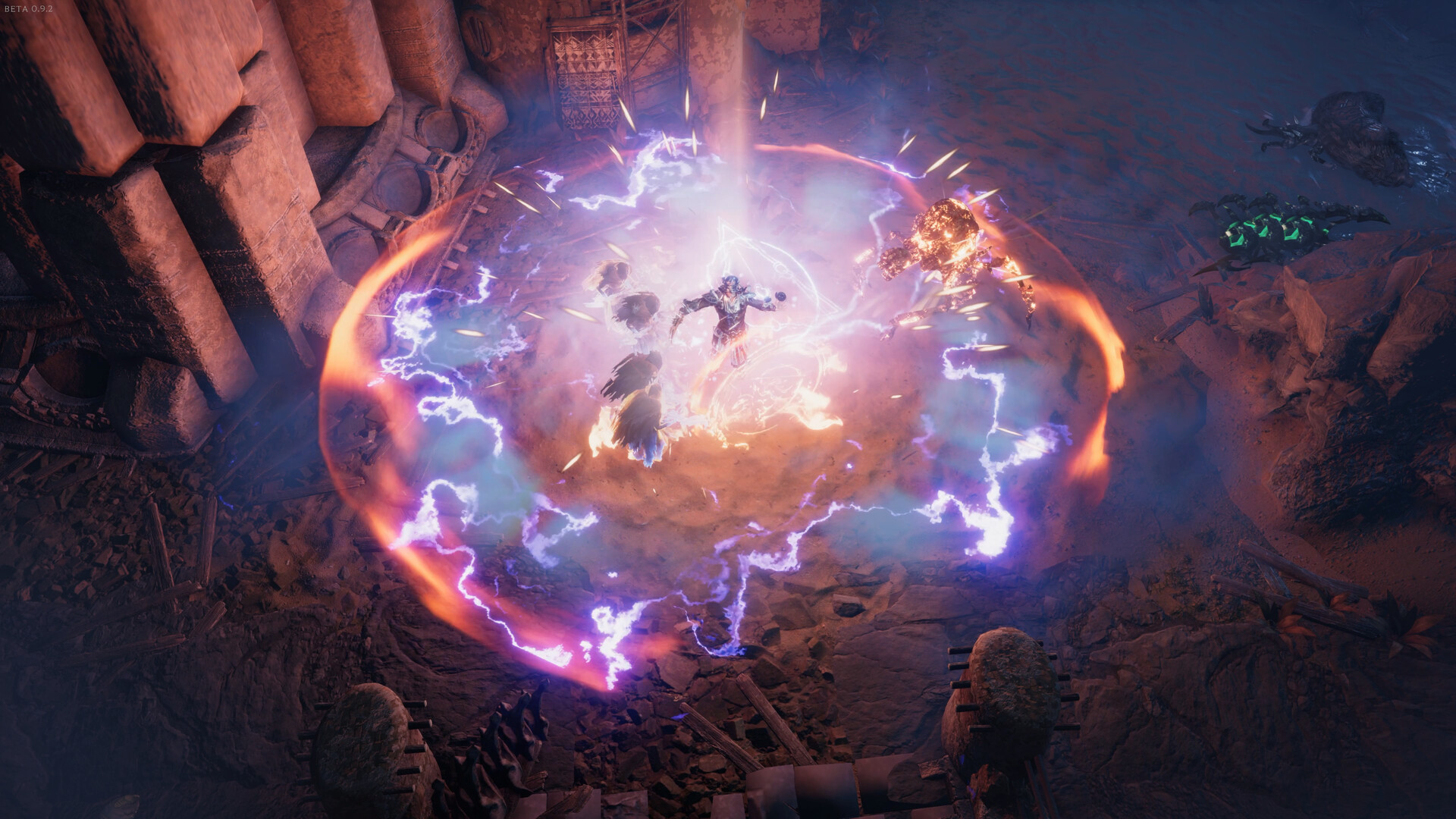Microsoft or Meta: Who's best positioned to win the metaverse?
I meta, you meta, we meta.
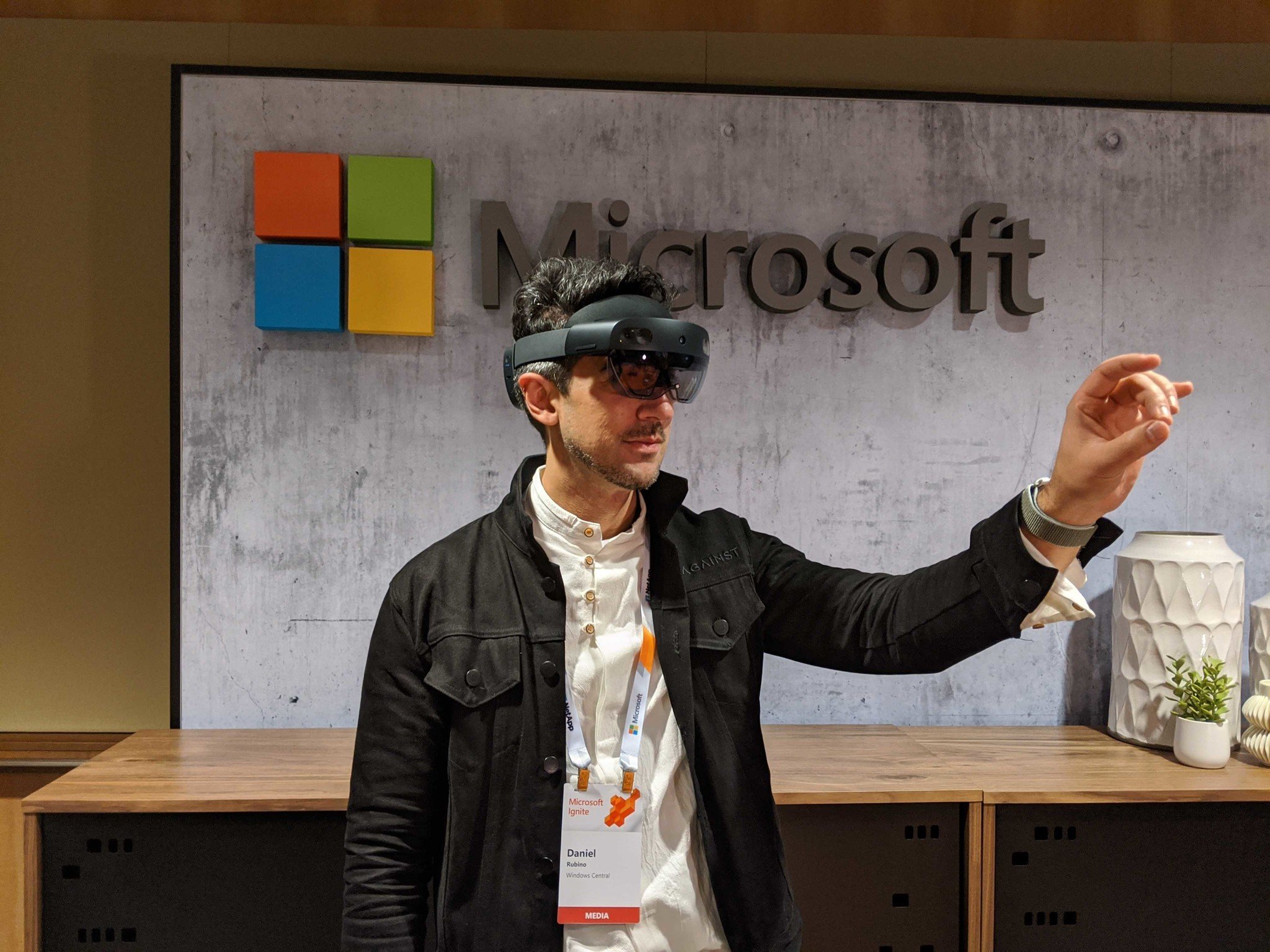
The metaverse is a concept that's been around for a long while (decades and decades, if not centuries), but its prominence in tech is a recent development. Now it's a word that's on the tip of many, many companies' tongues, companies that had never said "metaverse" before October 2021. The question is: With so many corporations aggressively adopting metaverse lingo, whose definition of the concept is primed to be the winner?
Two of the frontrunners in the competition appear to be Meta and Facebook. Meta, as its name implies, has the advantage of being 1,000% in it to win it on the metaverse concept (owning Facebook is a nice boost, too). Microsoft, meanwhile, has the advantage of being Microsoft. And the metaverse itself has the advantage of being an ill-defined concept that could be co-opted and taken over by virtually any corporate entity. So, who wins? We asked experts to weigh in.
Meta-managing expectations
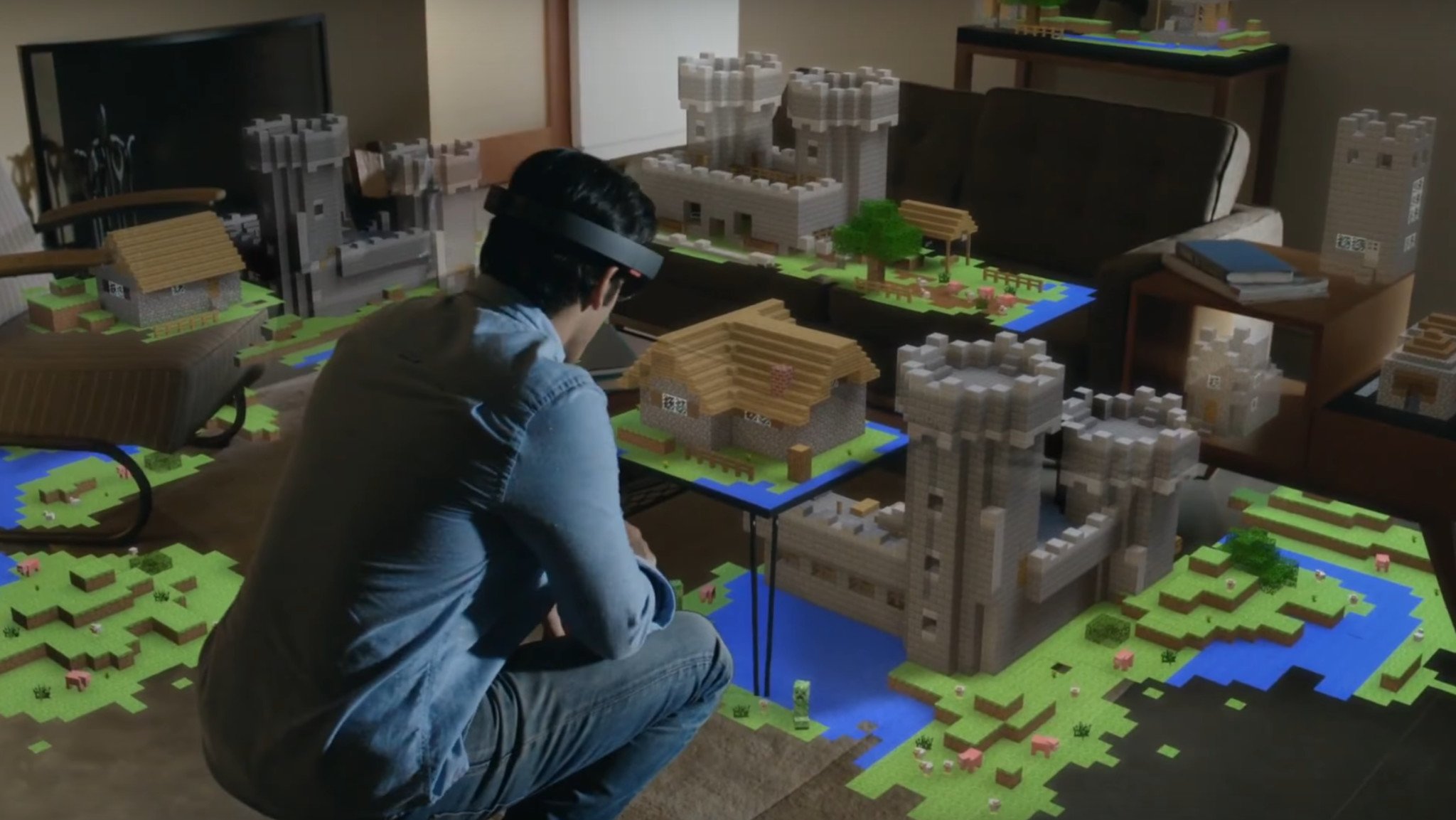
There's the metaverse itself, and then the definition of the word. Two potential winners in two categories. Anshel Sag, a senior analyst at Moor Insights & Strategy, had views on who's setting the tone for each.
"Without Meta's investments and disclosures, I don't think we'd be talking about the metaverse as much as we are today," he said, highlighting that at the moment, Meta's definition of metaverse is the dominant one. This would certainly line up with the fact that many, many companies started discussing the metaverse immediately after Facebook made its transition.
With that being said, Sag didn't see either company as having the default "correct" approach to the metaverse, even if one has been doing a better job of establishing the de facto definition.
"I think that the metaverse will comprise of all kinds of devices, whether they are AR or VR, PC or smartphone, glass or tablet," Sag stated. "Hardware agnosticism has been built into the internet of today and the 3D standards that we are seeing also take that cross-platform approach into account. In the end, the metaverse needs to be interoperable and cross-platform whether it is software or hardware because otherwise, you don't get the scale that is necessary to reach the complete internet."
"Meta is going to have a much bigger uphill battle in terms of its perception among the average consumer."
Based on this proposal, Sag posited that Microsoft's vague outline for the metaverse was closest to what the metaverse may ultimately end up becoming, though he mentioned AWS and Google shouldn't be counted out of the discussion either. "I actually think that one of the companies with one of the most comprehensive visions for the metaverse is probably Intel simply because the company is looking at it from a multi-layer approach and with the understanding that the company will need to support many different approaches and that openness is key."
Get the Windows Central Newsletter
All the latest news, reviews, and guides for Windows and Xbox diehards.
Sag theorized that the metaverse, once it's more properly formed than it is now, will look like today's internet with the added twist of spatial awareness and 3D objects. But as for the world of today, the one we live in, there's a way to go before that final vision starts taking shape.
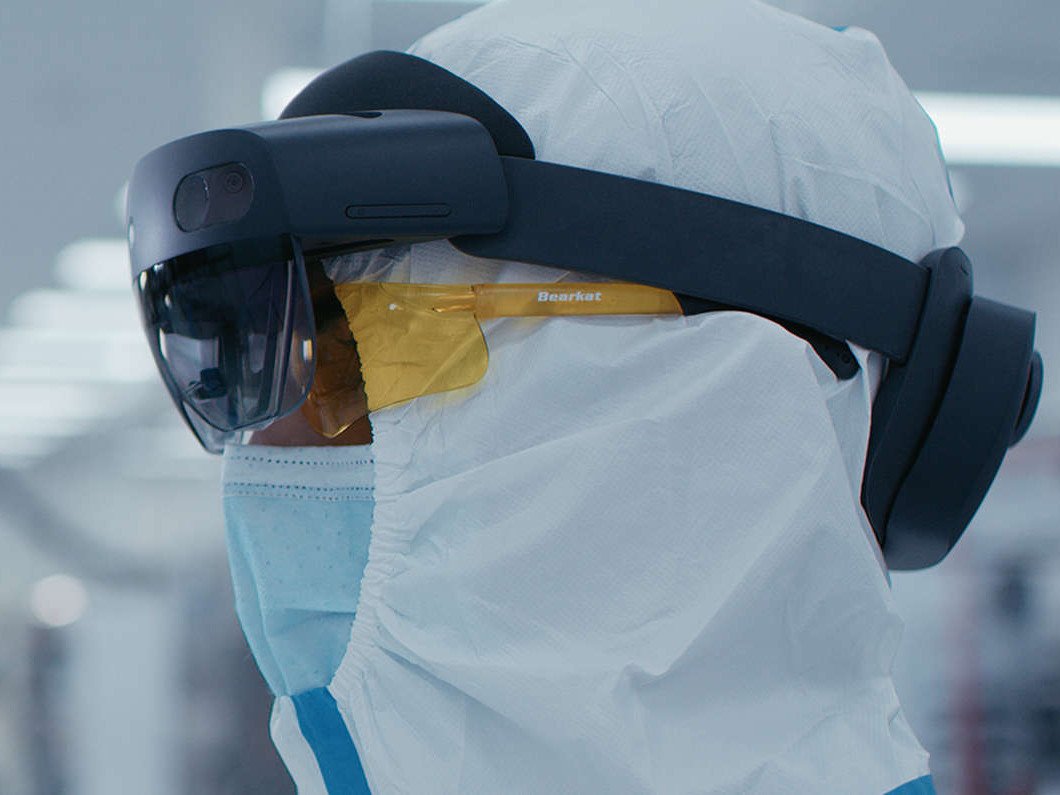
Circling back to the core debate of Microsoft and Meta, Sag's final remarks touched on the fact that even though Meta is helping shape today's definition of the metaverse, the company itself is in a tricky spot to actualize its ambitions.
"I think one thing to consider with Meta's approach is that it's mostly based on monetizing transactions and software sales, while Microsoft's is about providing the cloud computing for whatever services want to enable the metaverse, and I think Microsoft's approach is inherently less intrusive and more open than Meta's, and I believe when you look at the perception of the two companies, Meta is going to have a much bigger uphill battle in terms of its perception among the average consumer," he said.
Too soon to tell

Forrester and Gartner shared Sag's sentiment that the metaverse has yet to fully take shape and we're only in the precursor stage.
Here is Gartner's definition of the metaverse:
The metaverse is a persistent and immersive digital environment of independent, yet interconnected networks that will use yet-to-be determined protocols for communications. It enables persistent, decentralized, collaborative, interoperable digital content that intersects with the physical world's real-time, spatially oriented and indexed content. Access is currently device-dependent and includes experiences spanning the immersive (augmented, mixed, and virtual reality) spectrum.
Gartner Senior Principal Analyst Tuong Nguyen said that based on Gartner's current definition, the firm doesn't believe the metaverse exists yet. Rather, we're in the precursor era. And as an extension of that thought, given how varied the current metaverse definition landscape is, the "right" one varies depending on what you're looking for.
"Here's an analogy: What's a smartphone?" Nguyen asked. "Different versions of answers: An email tool, an SMS device, a portable gaming device, a video tool, a way to access social networking, something to listen to music and books on, etc. All these answers are true, but the most accurate is that it's a collection of all these, rather than a single 'slice.'"
Did you know: The primordial metaverse is on the way?
Forrester VP and Principal Analyst David Truog agreed that some metaverse building blocks are taking shape, but the real thing — the fight for the soul of the metaverse — is a long way off.
"The AR/MR/VR platforms we see today (like Microsoft Mesh, Meta Horizon Worlds, Roblox, Campfire, RecRoom, Spatial, etc.) are metaverse precursors," Truog said. "They contain some of the ingredients for the metaverse but are not yet the metaverse because they're not interconnected like websites and webpages can be, on the web. And without those interconnections, there is no metaverse."
He outlined that there are phases to the metaverse we should pay attention to. First, there are the metaverse precursors. Then, there's the primordial metaverse, enabling people to travel to worlds across platforms. And lastly, the federated metaverse will take shape, wherein identity and property are enforced.
Anyone's game
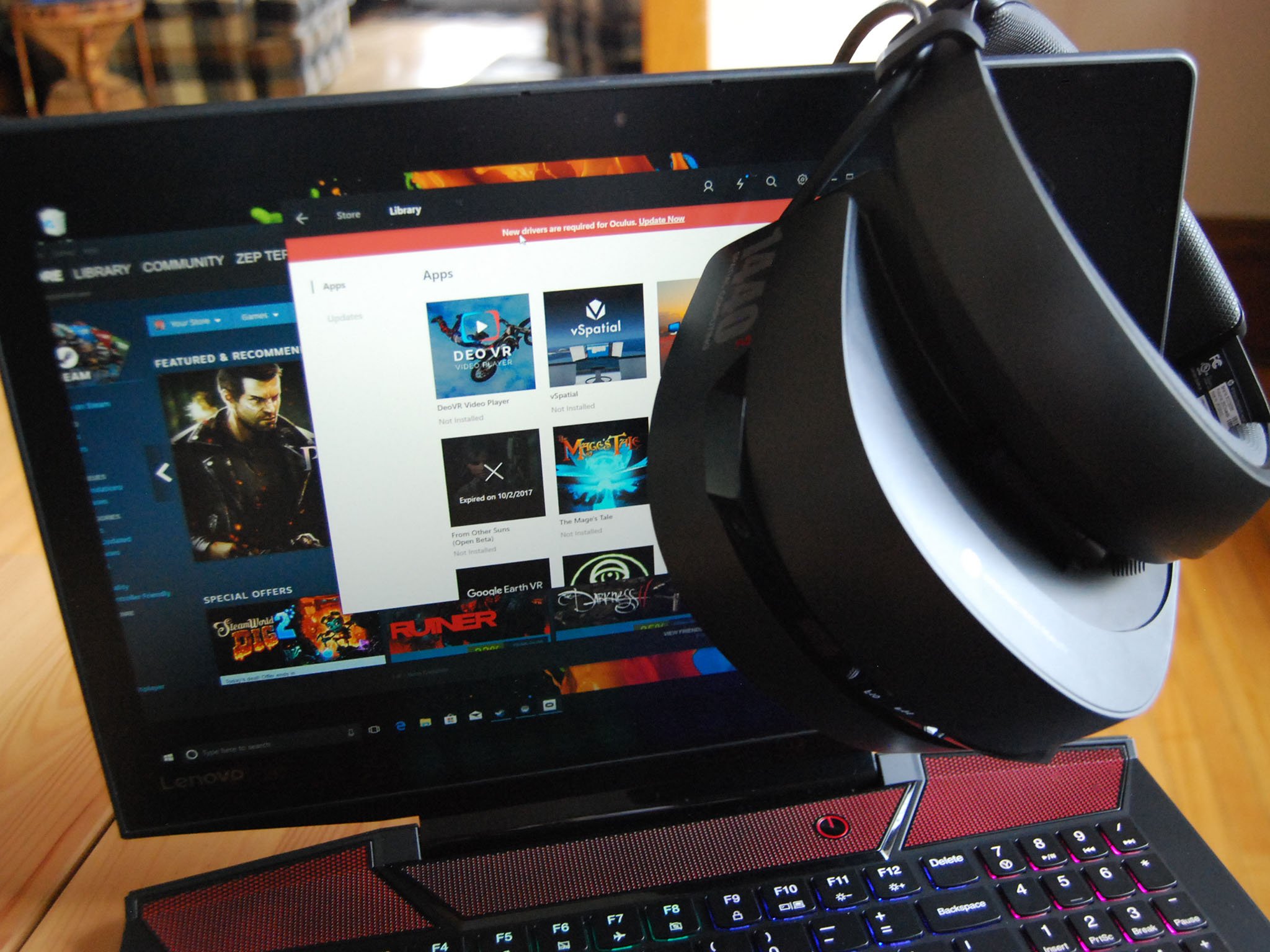
To provide a TL;DR for the impatient folks out there: Meta may set the tone for the definition of the burgeoning metaverse concept, but Microsoft's vague web of software entanglements could end up more accurately reflecting what said metaverse looks like in reality. And in the end, neither company may even have the proper foundations to be the de facto leader in crafting the meta future we may all soon live in.
Unknowns are multitudinous and possibilities are infinite. The only thing that's certain is Facebook has, at least temporarily, thrown Big Tech for a loop and ushered in an era of many people confusing themselves with contradictory metaverse spiels. Should this shake out to be the beginnings of a real-world Ready Player One, just know you got to live through the precursor era. So grab one of the best VR headsets and dive in before it becomes cool.
Robert Carnevale is the News Editor for Windows Central. He's a big fan of Kinect (it lives on in his heart), Sonic the Hedgehog, and the legendary intersection of those two titans, Sonic Free Riders. He is the author of Cold War 2395. Have a useful tip? Send it to robert.carnevale@futurenet.com.

